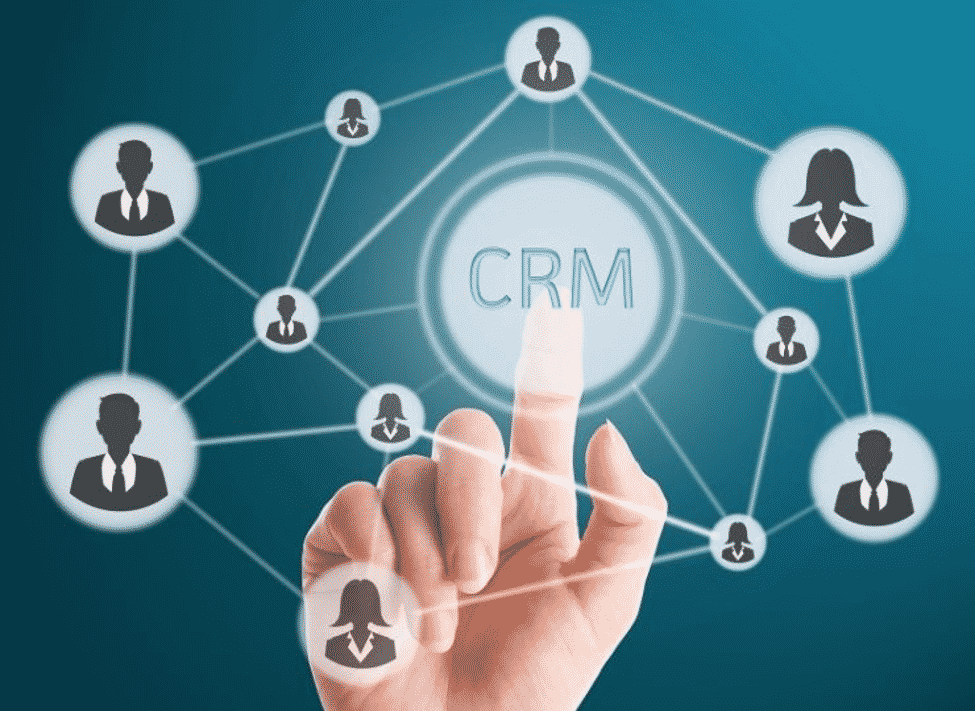Building strong relationships with customers is requisite for every business, regardless of size. However, small businesses often face a unique set of challenges regarding customer relations. Managing customer data, tracking interactions, and meeting customer expectations can be difficult for small businesses that don’t have the same resources as larger businesses. That’s where they need to employ CRM software.
CRM software is designed to help businesses manage their customer relationships effectively and efficiently. CRM software can help small businesses save time and money while providing a better customer experience by automating manual tasks and providing insights into customer behavior.
Small businesses can utilize CRM systems for many tasks by finding the best CRM for contractor businesses or other businesses. This blog post will go through how small businesses can benefit from CRM software. So, let’s dive into it.

1. Understanding Customer Needs
Customer needs change over time, and it can be difficult for small businesses to keep up. It is a crucial aspect of any business as it enables them to evolve their offerings to better meet their target market’s needs. Without getting your customers’ requirements, you can’t provide them with the right solution they are looking for.
CRM software helps small companies track customer interactions and provides insights that businesses can use to better understand customer needs. This information can help companies cater to their customers’ needs and desires, strengthening their relationships.
For example, if you want to partner with Care Credit or Care Credit alternatives, you can use a CRM system to see if a good percentage of your customers have credit scores that meet the Care Credit requirements. It will help you determine if it’s a good partnership for your business.

2. Organizing Your Customer Data
Customer data is at the heart of any good customer relations strategy. A disorganized database can make it difficult to find specific information when you need it and affect your ability to provide good customer service.
CRM software organizes customer data to make it easy to find and understand. It can save small businesses time and money as they won’t need to spend extra time organizing customer data manually. Understanding customer behavior is much easier when all the information is in one place.
3. Automating Manual Tasks
Many tasks that need to be done for customer relations are repetitive and time-consuming. Manually accomplishing them can take away from other tasks that need to be done, leading to mistakes.
CRM software automates many of the tasks associated with customer relations, such as email marketing, appointment scheduling, and data entry. It can free up time for small businesses to focus on other business areas. Additionally, automation can help to ensure tasks are done correctly, eliminating the chances of human error.
4. Improving Customer Service
Customer service is something that you should not neglect, especially when you are running a small-scale business. Good customer service is one of the most critical factors for determining customer satisfaction.
CRM software can help small businesses improve their customer service in several ways. CRM systems make it easy to track customer interactions to see what problems customers have and how you can resolve them. You can use this information to improve problem-solving processes and train customer service representatives on the best ways to handle customer complaints. Additionally, providing customers with a good experience can help to keep them loyal to your business.
5. Analyzing Marketing Campaigns
Small businesses often run marketing campaigns to attract new customers. However, it can be difficult to determine whether or not the campaigns are successful without proper analysis.
CRM software provides businesses with the tools they need to track and analyze their marketing campaigns. You can utilize it to understand what is working and what isn’t, so small businesses can make the necessary changes to improve the effectiveness of their marketing efforts. Additionally, analyzing marketing campaigns can help companies save money by ensuring they only invest in campaigns that provide a good return on investment.
6. Providing Metrics and Reports
Small businesses need access to data to make the right decisions. Metrics and reports enable firms to track the progress of specific goals and see how well their business is performing.
CRM software provides businesses with the ability to generate reports and metrics that can be used to understand what is happening with their customers. It can also help you improve processes, make strategic decisions, and track progress over time.
7. Providing a Centralized System
A centralized system is convenient as it provides businesses with a one-stop-shop for their customer relations needs. It can save small businesses time and money as they won’t need to purchase multiple software programs or hire additional staff.
CRM software provides businesses with a centralized system for their customer relations needs. It means companies can access all the features they need in one place. Additionally, because CRM software is designed for businesses of all sizes, it is cost-effective for small businesses.
8. Boosting Your Sales and Revenues
The primary purpose of a CRM system is to help businesses boost their sales and revenues. CRM software does this by providing businesses with the tools they need to understand their customers better.
CRM software allows businesses to track customer interactions to see what products or services customers are interested in. Additionally, companies can use CRM software to identify high-value customers and target them with specific marketing campaigns. By understanding their customers better, small businesses can boost their sales and revenues by investing in products and services that their customers want.
